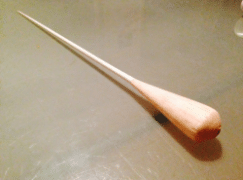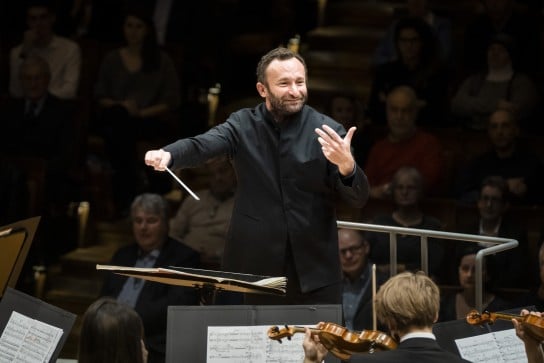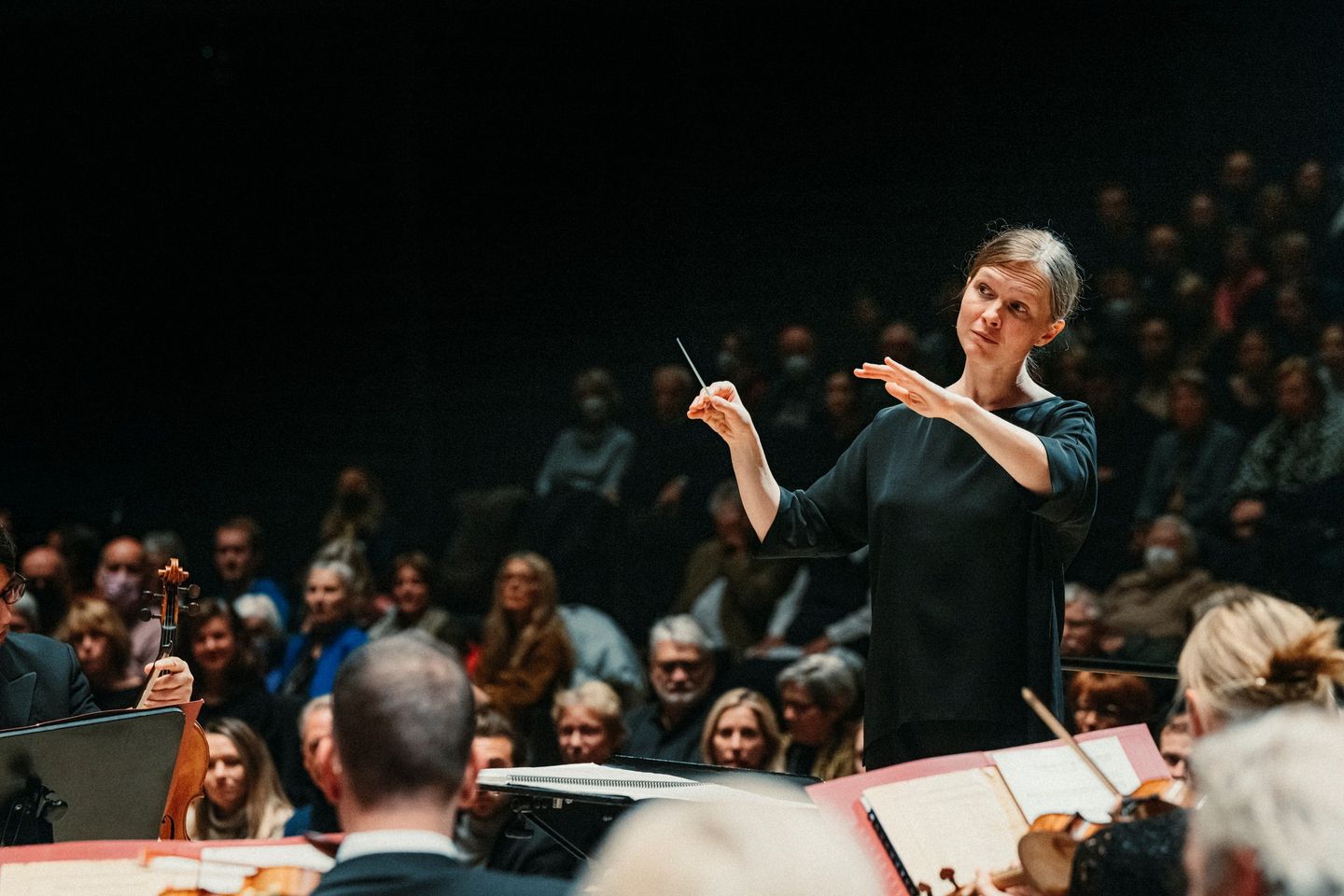How many orchestras will Britain lose?
mainCharlotte Higgins has published a long piece in the Guardian today, demanding to know why big names are not rallying to save the UK’s orchestras.
She reckons some orchestras have less than 12 weeks to live, unless there is an unforseen blessing of massive state investment.
Which orchestras are most at risk? One eminent conductor has told me he believes two will collapse in London, two in the regions and one in Scotland. I have yet to find a single optimist who thinks business will continue post-Covid as before.
The woes vary. London orchestras fill their diaries on foreign touring, which Simon Rattle has stated is now gone forever. There is not enough work for all of them at home. Regional orchestras rely on a major local sponsor, most of whom are now in dire economic straits.
What emerges from Charlotte’s observations and my own is the absence of any strategy to dig orchestras out of a crisis that has been coming for a generation – a crisis precipitated by the collapse of the record industry, aging audiences, a narrowing demographic, pointless touring, loss of media profile and a lack of fresh thought.
It’s not too late to save the orchestras, but it’s the 11th hour has ticked past the halfway mark.







The function of many orchestras round the world has become (i) that of a Victorian museum, displaying mainly the past, or (ii) redundant by playing film or pop music that is already widely available on recording. Luckily they are now opening up to education but this tends to preach to the converted. It’s not the occasional concert for school or family concert that is going to change things.
Education and what society values has a lot to blame for the lack of interest, but orchestras need to re evaluate their work. For this to be effective, governments need to intervene so orchestras stop their continuous touring and scrap work.
A school concert by the Hallé was a life changer for me.
Ditto the RPO for me. All those years ago (50+) music education being what it was then I was given a chance to try an instrument for myself. Lo and behold a few years down the line and I was playing with some of those same musicians. A working class lad from a rather poor background had joined in.
It can still happen now, although music education has suffered since then. We just must lose this stupid idea that music and the arts is only for middle class intellectuals. It’s for everyone and the world would (will?) be a sadder and duller place without it.
A concert could be life changing, but it is not the same for everyone. Most children have no music other than commercial rubbish in their house.
Classical music concerts with varied repertoire have to be regular. School have plenty of time on their hands (it is posssible) as most of the time is wasted on nonsense to please OFSTED. Children should be going to concerts at least once every half term.
At one orchestra I worked for, the organiser of the Schools programme said she was moved to tears by a little girl of about nine or ten who told her after seeing a ballet dress rehearsal, “I never knew there were such things in the world.”
That, for me, has always been the point of schools programmes, whether the kids are brought to a theatre/hall or the artists go out to the schools. Let them see it is there. Their schools can’t do it any more; their parents are among those who didn’t know there were such things, having been raised on a steady and seductive diet of pop/rock/rap.
It is also the argument for free online performances.
V.Lind
You do need school programmes, but they needed to be attended regularly, at least once every half term. Imagine if children had once maths lesson every say 2 or 4 years!
There is nothing aganist educational projects, especially for the primary level they are important. And all professional symphony orchestras should have their existence garanteed by the state, because they are part of the nation’s identity and property of the entire society, completely apart from the number of people attending concerts. Culture – i.e. real culture, and not sheer entertainment like pop, musical, soccer etc. – should be the provision by society and accessible to and available for everybody in that society. We are very far from such ideas, due to the primitive state of modern society.
paying maestros and management on a basis equal to the average rank and file musician from the orchestra earns per concert might help things financially, so some ‘big names’ might refuse to travel and work as a result, but we can do without their overstuffed egos who are just in it for the bank balance. It might break the strangle-hold that agents have exerted for far too long, that if you are not represented by the right ‘fixer’ you don’t really get a look in on the UK orchestral scene. let’s free up podiums for the under-heard or often over-looked conductors who have something to say with genuine heartfelt musicianship, am sure several would welcome the opportunity to work with top flight players.
I think you’ll find that if you worked out a rank and file player’s hourly rate and put it side my side with the hourly rate of the management, the player is paid more. Obviously a player is expected to work hard in their own time to maintain their skill, but don’t just see management salaries as being higher. The hours are long. Very long. And no one is there to stop them working for scheduled breaks and to make sure they stop working at the end of the day.
That is absolutely the case! During Covid many musicians have been making decent music with a click track (I know it’s extreme), so let’s not mystify the role of a conductor. Conductors are part of a team and no greed is needed.
Equilibrium is the word!
There can never be a unified musical vision of a piece if there is not such vision located in the mind of one single man/woman. And that man/woman is the conductor. It is nonsensical to claim the conductor is merely part of the team and nothing more. Again, the paranoia about authority and leadership. The function of the conductor is to bind all those individual players together and that is REALLY a quite different job than playing your part, listening to the players around you, paying attention to the conductor and trying to reproduce your part as best as you can in the context of the whole, which is formed by the conductor.
It is silly that such very evident realities, well-known to every professional, have to be pointed-out on a website about classical music.
John Borstlap, don’t interpret what others say to create your narratives! A conductor is part of a team and has a role. There is no need for these people to earn 20 or more times the salary of an orchestral musician!
Amen.
You mean in a country that is the ‘cultural leader’ of it’s region? Just not sure which region you mean, Brexit and all. The UK probably. So, the UK is the cultural leader in…..wait…..UK.
Nothing wrong with blowing your own trumpet from time to time. All countries do it.
Give it a rest.
Currently, the UK is not blowing its own trumpet but a rusty trombone with serious leaks and cracks, which can be heard at every turn of the phrase.
So Switzerland isn’t a European country then. The EU is a political organisation of recent vintage and the landmass is millions of years old.
The message of the hour can only be: less is more.
https://www.meranofestival.com/konzerte/classic/the-world-orchestra-for-peace-valery-gergiev
You are absolutely right that UK orchestras have a crisis coming, with the lack of business model evolution for decades.
But Charlotte’s idea of 12-weeks? I can’t see many people falling for this sort of hyperbole. Any contract orchestra should by now have all players and most staff on furlough; any freelance orchestra has no player costs, and could have its staff on furlough. Meanwhile, the Arts Council grant received by all big orchestras continues to arrive, and since concerts lose money, by not performing and having minimal remaining overheads many orchestras may in fact be better, or no worse, off.
For sure, there’s a huge problem coming if audiences and funders don’t return. But that’s not likely to manifest itself in the next 12 weeks while the furlough scheme remains active.
I am a contract player in an orchestra and I don’t think it’s hyperbole.
Look at the Royal Opera House and BBC orchestras just for starters. The ROH says their reserves will run out in September.
And colleagues in BBC orchestras have expressed concerns about the fall out from this – even when we return to normal, the outlook for the BBC as a whole is far from certain and cuts will be necessary.
Remember that it is unlikely that all staff can be furloughed, so some payroll costs continue, and the furlough scheme becomes progressively less generous from August onwards. Most orchestras will also have office rents to pay as well, so some overheads do continue. These might include venue maintenance and running costs for some ensembles. Orchestras would now ordinarily be reliant on ticket income for next season starting to come in, so there could well be a cashflow crunch. And while some orchestras do have decent funding from ACE for many orchestras it amounts to 20% or less of their income. So yes, I think some could face a crunch in the next 12 week.
Thank you – refreshing to read some common sense.
“…why big names are not rallying to save the UK’s orchestras.”
Doesn’t she know that classical music and orchestras are just elements of elitism and white privilege?! How dare anyone suggest Europe preserve an element of its own musical traditions and culture!
Supporting orchestras doesn’t win points with the mob and mass media – much better (and easier) to join an anti-America riot or signal one’s virtue with a black screen and a slogan on Twitter.
Well said
I don’t think conductors want to draw attention to the fees they have been getting by offering to reduce or forego them
A tough time for musicians – I have family involved in the business who are out of work. And recent protests with lack of social distancing might mean the problem is prolonged.
In short, you’re not needed! That’s the harsh reality. People can sit home and listen to the greatest musicians in the world at a touch of a button. You can hear the best chamber musicians and recitalists at Wigmore Hall. But as an outside observer, you don’t need five full-time, almost great orchestras (LPO and LSO are pretty darn good). You need two super orchestras, as well as the usual allotment of pick-up orchestras (something London excels at). And for pete’s sake, please toss out those ‘swhishy’ Paiste tam-tams with their metalic “whang” quality to the sound. Instead, please get up to speed by at least augmenting them with Wuhans, like every orchestra in America, Germany, Japan and Scandinavia use. They’re truly superior in almost every respect.
Apply for EU funds?
London has had five major orchestras for decades, Tokyo eight. Berlin has three full-time opera houses. A winnowing was inevirable. The competition for audiences, donors, rehearsal space, subsidies, and performance halls is unsupportable, as are ineviably some of the organisations themselves..